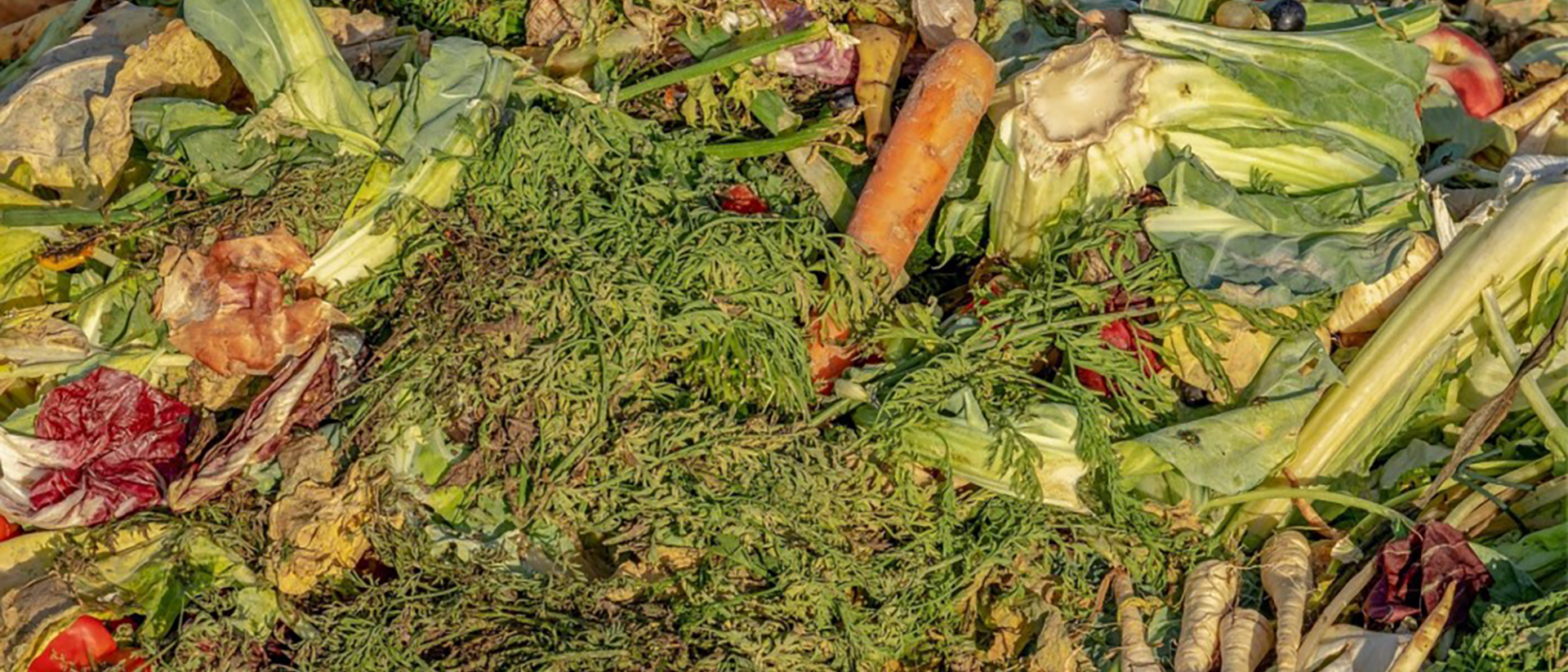An opinion piece written by Jenny Grant, Head of Organics and Natural Capital at the REA, initially published for BusinessGreen.
In October 2023, Government published the long-awaited response to the Consistency in Recycling Collections consultation, now known as Simpler Recycling. Following consultation back in 2021 and extensive calls for certainty from the resources and waste sector, Government unveiled their latest planned implementation dates and further details on the requirements. Local Authorities will have to provide householders with collections of recyclable wastes (for paper & card, plastic, metal, glass, food and garden waste) by the end of March 2026. Businesses and relevant non-domestic premises will have to implement the collection reforms by the end of March 2025 with a two-year extension for micro firms (fewer than 10 FTEs), who will have until March 2027 to implement the required collections. Government proposes an exemption to enable the co-collection of materials if a local authority or business chooses to do so; paper and card, plastic, metal and glass may be collected together in the same bin, and food and garden waste may be collected together in the same bin (separate from the dry recyclables).
The resources Industry has been calling for these reforms to be implemented to accelerate this important transition to the circular economy and welcomes that government has provided details as this will enable the sector to move forward. The flexibility for the collection system allows local authorities to assess what is best to suit their individual circumstances.
To maximise our contribution to net zero, it is important that as much food and garden waste is separately collected (whether collected in the same bin or separately) as possible and that these valuable, renewable bioresources do not remain in the general waste bin. Capturing more food and garden wastes separately from other waste types and organically recycling them reduces contamination of dry-recyclable waste streams, reduces biowaste-driven emissions from landfill, supports increased production and quality of biofertilisers and soil improvers that benefit soils, reduces the need for fossil-derived fertilisers and can partially replace peat in growing media. Where these biowastes go to anaerobic digestion (wet-, dry- or integrated AD and composting) this supports production of renewable energy; electricity, heat, gas and transport fuels.
In order to fulfil the potential of these resources, we must ensure we are not only offering separate collections but that householders are using them properly. Government has stated it will fund new burdens arising from its policy, including up-front transitional costs and ongoing operational costs. Local Authorities have details on capital funding but further clarity is needed over additional ongoing funding. REA emphasises it’s essential there is also a focus on and adequate funding for education and communication campaigns to change citizens’ behaviour and ensure high performing collections, both locally and nationally.
Alongside the Government response, Defra released two consultations, one of which covers the statutory guidance that Local Authorities and non-household municipal premises will need to follow. Topics under consideration include the need for guidance on caddy liners for household food waste. The REA supports the use of independently certified compostable liners for this and has called for the guidance to stipulate their use.
The guidance also proposed that residual waste must be collected at least fortnightly with Government actively encouraging councils to collect it more frequently. The REA does not support this proposal as it has been shown elsewhere that participation in recycling collections is increased when the capacity of the residual waste bin is reduced. In addition, reducing the frequency of residual waste collections can help make the overall cost of collections more effective. With the requirement for weekly food waste collections, the need for frequent residual collections is lower as most of the biodegradable and potentially ‘smelly’ fractions will be collected separately and thus not remain in the general waste bin.
What is still unclear is how the requirements, particularly around the collections from non-domestic premises, will be enforced. This responsibility lies with the Environment Agency. It is essential that there is adequate funding for the environmental regulators to ensure that these new regulations are implemented effectively as well as enabling them to drive out waste crime.
So, whilst broadly welcomed by industry (with some proposals that should be improved or clarified), are the reforms likely to be welcomed by the public? A recent survey by the Industry Council for Packaging and the Environment (INCPEN) showed that 82% of the public in England support government ‘consistent recycling’ policies and support implementation without delay (38%) or by 2026 (35%). It appears the public is ready and willing, we just need to get on with delivering the reforms.

